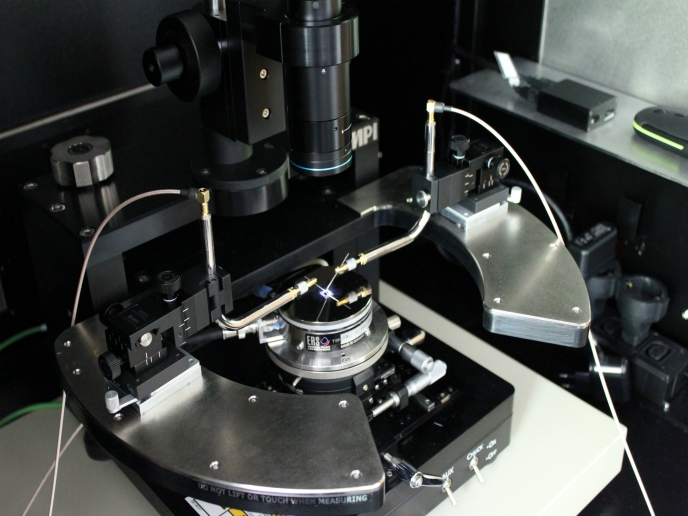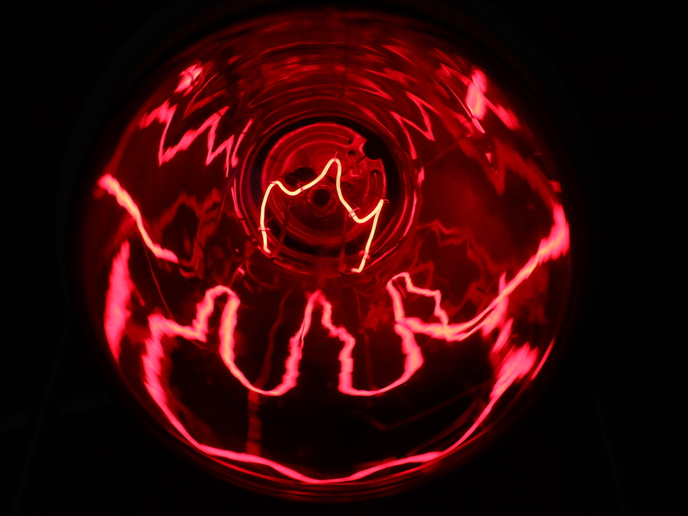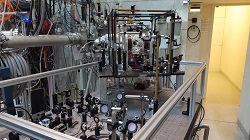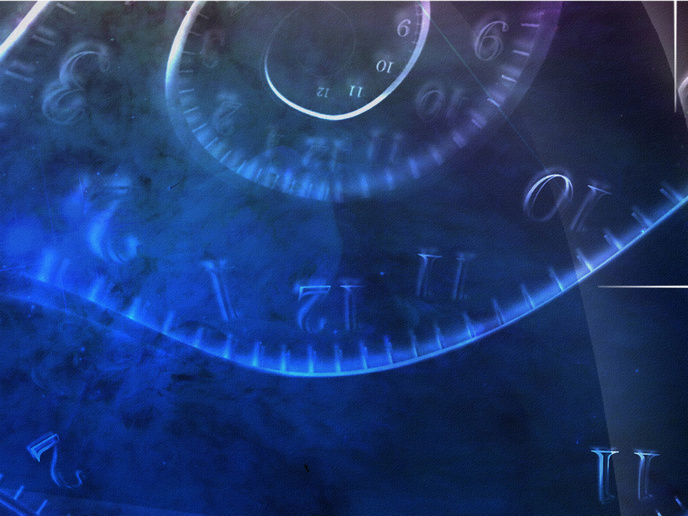Croatia expands its potential in particle and radiation detectors
To analyse how the Universe works, modern experiments in astrophysics and nuclear and particle physics are crucial. This requires complex detector systems whose design and testing necessitate a deep understanding of physics, electronics and computing. Thanks to the EU-funded project PaRaDeSEC(opens in new window), RBI upgraded its existing research infrastructure for the research, development and testing of detectors, sensors and related electronics. In 2018, midway through the project, the institute inaugurated the Centre for Detectors Sensors and Electronics (CDSE). The funding mechanism supported the transnational mobility of five international experts in RBI. Effective synergy between existing and newly recruited researchers and collaboration with several international leading institutions boosted the research capacity of RBI. Key achievements In collaboration with the Helsinki Institute of Physics and the Xiangtan University in China, the RBI project team worked on the development of a new generation of semiconductor detectors that uses cadmium telluride crystals as the sensor material for direct conversion of X-ray and gamma-ray radiation. “This semiconductor material effectively attenuates radiation, resulting in superior detection efficiency even at high energies. Its high sensitivity in the detection of single photons makes it ideal for medical imaging and quantum information security applications,” notes project manager Dr Neven Soić. Work on specialised silicon detector types (e.g. silicon drift detectors and silicon detectors) coupled with scintillator counters is currently in progress. In collaboration with partners from Australia, Japan, Slovenia and Portugal, researchers are also testing a silicon-carbide-based detector for fast neutron response, which is intended for security screening applications. Significant emphasis was placed on researching particle tracking detectors. “Silicon pixel detectors allow to track the paths of particles emerging from collisions with extreme accuracy. They are also cost-effective because they are produced with the same tools used to create integrated circuits,” explains Dr Soić. In particular, the RBI team was responsible for building and calibrating 150 pixel modules that are central to the Compact Muon Solenoid(opens in new window) experiment at CERN. This was carried out in collaboration with the Paul Scherrer Institute in Switzerland. “The RBI is one of the few hubs in the production of next-generation silicon pixel detectors,” adds Dr Soić. Other activities focused on the development of improved electronics for detector readout. “Single event upsets (SEU) are caused by ionising particles or high-energy photons that strike electronic circuits and change their state. Although SEU themselves are not permanently damaging to the circuit functionality, they are found in massive amounts close to powerful particle accelerator environments such as the Large Hadron Collider,” Dr Soić points out. Powerful impact PaRaDeSEC made it possible for RBI to procure a large number of instruments important for research and remodelling laboratories. This includes creating controlled conditions of cleanliness, temperature and air humidity, improving electric system stability, and reducing the electronic noise level. These enable the characterisation and testing of a new generation of detectors with significantly improved characteristics compared to those currently used for research in CERN. Project advances do not only benefit particle and nuclear physics but also basic and applied research in material science, engineering, medicine and environmental science. The activities of the recently established CDSE in RBI will also help the upcoming project O-ZIP(opens in new window), which is linked to PaRaDeSEC. PaRaDeSEC will significantly enhance RBI’s reputation in the international scientific community and increase RBI participation in international projects.







